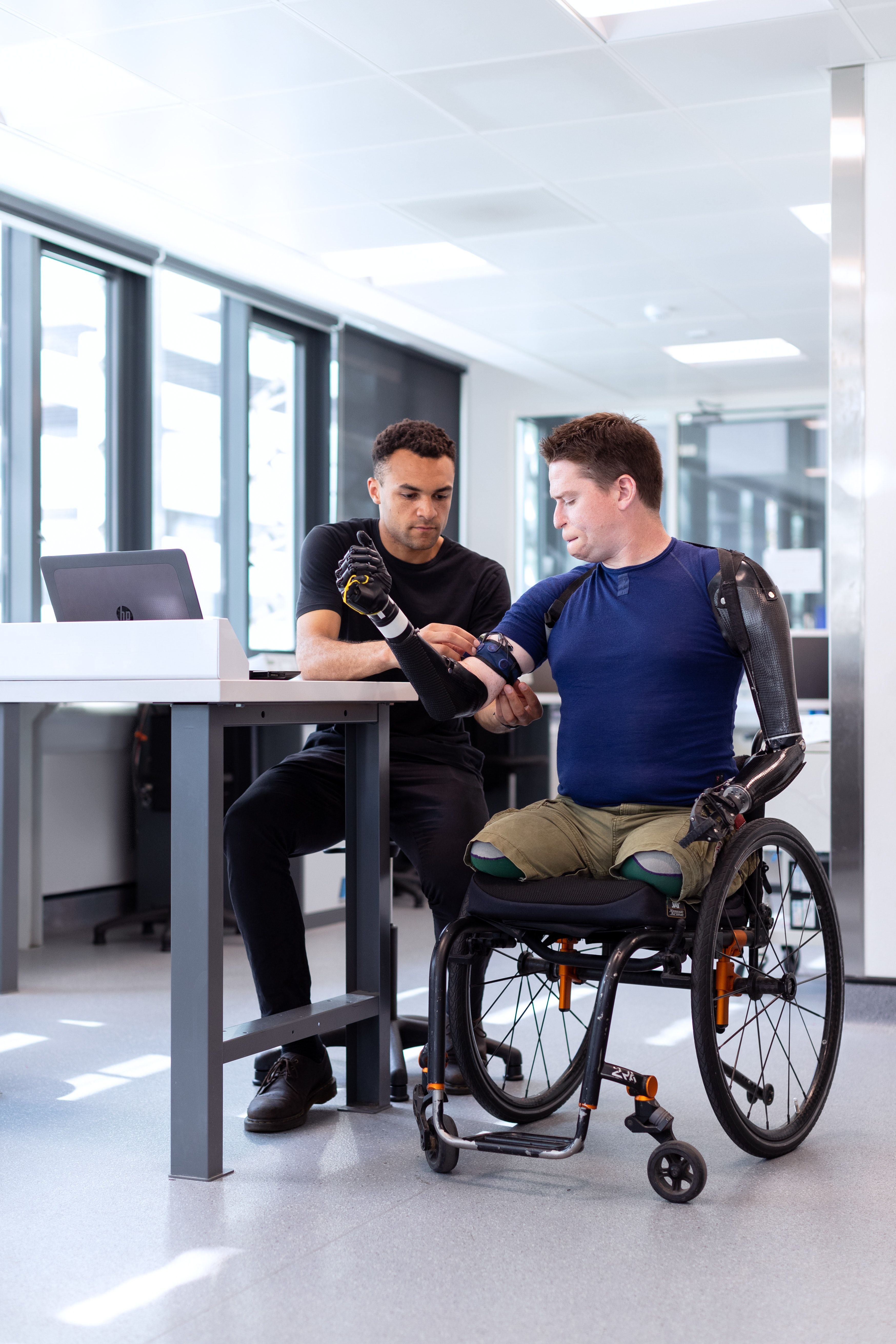Transforming Healthcare: The Role of AI in Saving Lives
Artificial Intelligence (AI) is revolutionizing the healthcare industry, and its potential to bring about positive change in saving lives is undeniable. In this blog post, we will explore how AI technologies are being used in various healthcare scenarios, showcasing the immense impact they have on improving patient outcomes and enhancing the overall quality of care

Blog post by Daksh Gaur - Published at 7/15/2023, 7:54:21 AM
In today's digital age, the field of healthcare is witnessing a remarkable transformation, thanks to the power of Artificial Intelligence (AI). With its ability to analyze vast amounts of data, recognize patterns, and make informed predictions, AI is revolutionizing healthcare practices and playing a crucial role in saving lives. In this blog post, we will explore the significant impact of AI in transforming healthcare and improving patient outcomes.
1. Early and Accurate Diagnostics:
One of the key areas where AI is making a profound difference in healthcare is in the field of diagnostics. AI algorithms, coupled with advanced imaging techniques, enable the early detection and accurate diagnosis of various diseases. For instance, AI-powered image recognition systems can analyze medical scans, such as MRIs and CT scans, to detect tumors, lesions, or other abnormalities with high precision. This early detection allows for timely interventions and improves the chances of successful treatment.
2. Precision Treatment and Personalized Medicine:
AI is paving the way for precision treatment and personalized medicine, tailoring healthcare approaches to individual patients. By analyzing large volumes of patient data, AI algorithms can identify patterns and correlations that human doctors might miss. This enables healthcare providers to develop personalized treatment plans that consider an individual's unique genetic makeup, medical history, lifestyle, and other relevant factors. This approach enhances treatment efficacy, minimizes side effects, and optimizes patient outcomes.
3. Predictive Analytics and Preventive Care:
AI's ability to predict outcomes and identify high-risk individuals has the potential to revolutionize preventive care. By analyzing patient data, including medical records, vital signs, and lifestyle habits, AI algorithms can identify individuals at higher risk of developing certain conditions. This enables healthcare providers to intervene early, implementing preventive measures and lifestyle interventions to mitigate the risk of disease progression. AI-powered predictive analytics can also facilitate more accurate forecasting of disease outbreaks and healthcare resource allocation, thereby improving public health strategies.
4. Enhancing Healthcare Operations:
AI is not only transforming patient care but also enhancing healthcare operations and management. AI-driven systems can optimize hospital workflows, patient triage, and resource allocation. For example, AI-powered algorithms can predict patient admission rates, allowing hospitals to allocate resources accordingly, ensuring timely care and efficient resource utilization. Additionally, chatbot systems powered by AI can provide 24/7 patient support, answering common medical queries and directing patients to appropriate resources, thereby relieving the burden on healthcare providers and improving patient experience.
Conclusion:
The integration of AI into healthcare practices is bringing about a significant transformation in the field, ultimately saving lives. From early and accurate diagnostics to precision treatment, predictive analytics, and enhanced healthcare operations, AI is revolutionizing the way healthcare is delivered. As AI technologies continue to advance and become more accessible, we can expect even more remarkable breakthroughs in healthcare, leading to improved patient outcomes, enhanced preventive care, and a healthier future for all.

